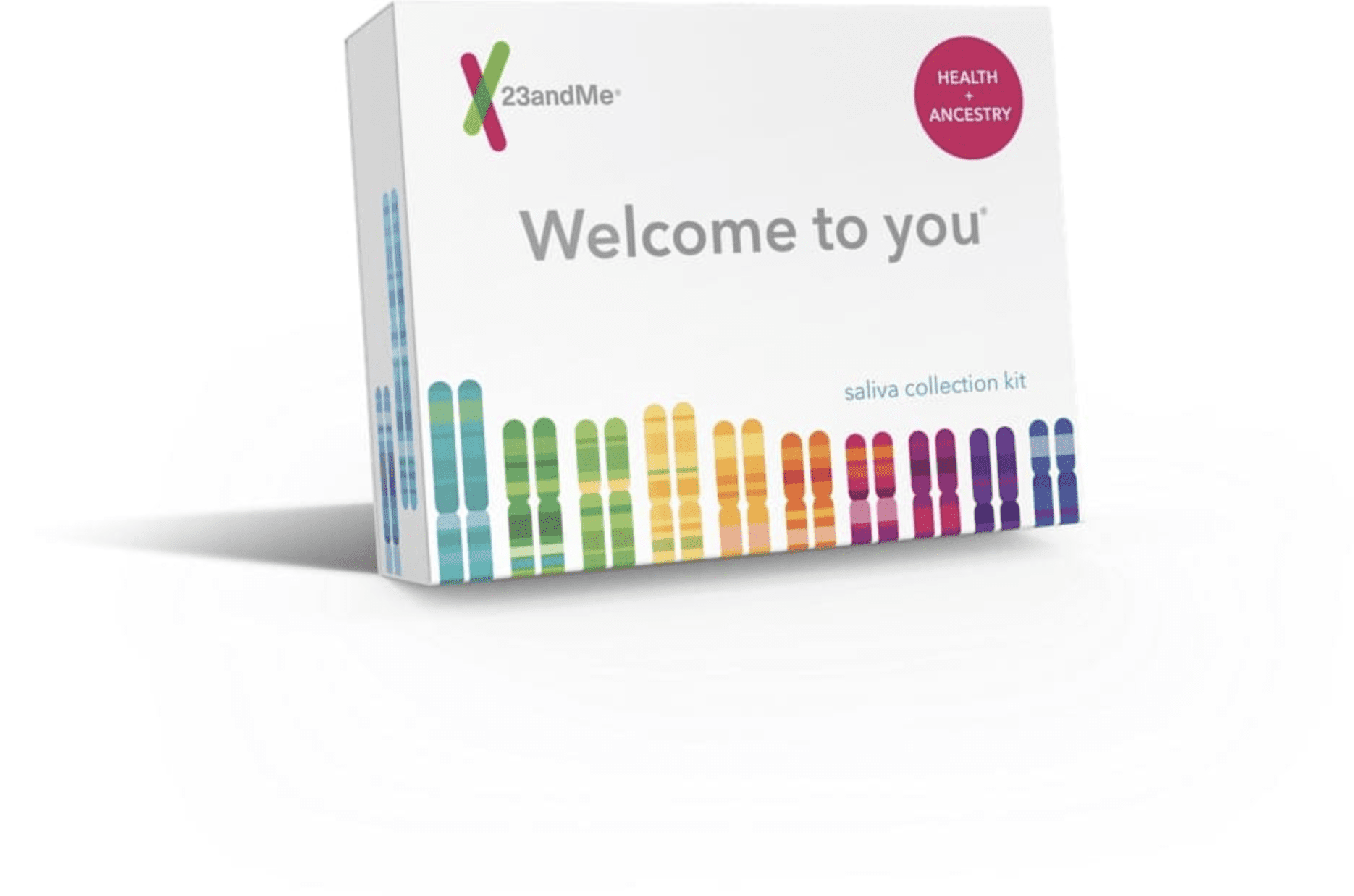Let's talk aboutTay-Sachs Disease & Genetics
What is Tay-Sachs disease?
Tay-Sachs disease is a rare genetic disorder. It is characterized by a loss of strength and coordination over time as well as developmental disability, seizures, and early death. A person must have two variants in the HEXA gene in order to have this condition. People with just one variant in the HEXA gene are called carriers. They’re not expected to have the condition themselves, but they could pass their variant on to their future children.
Causes of Tay-Sachs disease
Tay-Sachs disease is caused by variants (differences) in the HEXA gene. The HEXA gene contains instructions for making one part of an enzyme called hexosaminidase A. This enzyme helps break down harmful substances within compartments of nerve cells called lysosomes. Certain variants in HEXA disrupt this function, causing a buildup of these harmful substances inside nerve cells of the brain and spinal cord.

When symptoms develop
Symptoms of Tay-Sachs disease typically develop during infancy.
Typical signs and symptoms
- Loss of strength and coordination that worsens over time
- Severe developmental disability
- Vision loss
- Seizures
- Death in early childhood in severe cases
Ethnicities most affected
Tay-Sachs disease is most common in people of Ashkenazi Jewish, Cajun, and French Canadian descent. For people of Ashkenazi Jewish ancestry, about 1 in 30 individuals is a carrier for Tay-Sachs.
Explore more
Want to learn more? 23andMe can tell you whether you might be a carrier for Tay-Sachs disease. Being a carrier means you have a genetic variant that you could pass down to your future children. 23andMe does not test for all possible genetic variants linked to Tay-Sachs disease, and individuals who have zero variants detected still have a chance of being a carrier for Tay-Sachs disease.
23andMe tests for four genetic variants in the HEXA gene linked to Tay-Sachs disease and is most relevant for people of Ashkenazi Jewish and Cajun descent. The Tay-Sachs Disease Carrier Status report* is included in the 23andMe Health + Ancestry Service.

Health + Ancestry Service
*The 23andMe PGS test uses qualitative genotyping to detect select clinically relevant variants in the genomic DNA of adults for the purpose of reporting carrier status and reporting and interpreting genetic health risks. The relevance of each report may vary based on ethnicity. Our carrier status reports can be used to determine carrier status, but cannot determine if you have two copies of any genetic variant. These carrier reports are not intended to tell you anything about your risk for developing a disease in the future or anything about the health of your fetus, or your newborn child’s risk of developing a particular disease later in life. For certain conditions, we provide a single report that includes information on both carrier status and genetic health risk. The Tay-Sachs Disease Carrier Status report is indicated for the detection of four of variants in the HEXA gene and is most relevant for people of Ashkenazi Jewish and Cajun descent.
References
Kaback et al. (1999). “Hexosaminidase A Deficiency”. [Updated 2011 Aug 11].
Mayo Foundation for Medical Education and Research. “Tay-Sachs disease.” Mayo Clinic. Retrieved April 16, 2019, from www.mayoclinic.org/diseases-conditions/tay-sachs-disease/symptoms-causes/syc-20378190
U.S. National Library of Medicine. (2012). “Tay-Sachs disease.” Genetics Home Reference.